Can Modern Russia Escape Its Soviet Past?

Yeltsin helped to end the USSR but also retained corruption in government. (Courtesy of Wikimedia)
January 29, 2014
By RICHARD BORDELON
OPINION EDITOR

(Courtesy of Wikimedia)
Whenever one goes on vacation, there is always a chance of something bad happening at home.
Mikhail Gorbachev, president of the Soviet Union from 1990-1991, had the great misfortune of visiting his vacation home in Crimea next to the Black Sea when his ministers engineered a coup against him in an attempt to preserve the Soviet Union (USSR) against Gorbachev’s reform policies.
The coup failed due to Russian President Boris Yeltsin’s determination to defend the Russian state parliament, and protests against the preservation of the Soviet Union. Eventually, due to a combination of Soviet states such as Georgia, Belarus, Ukraine and Kazakhstan, declaring their independence, as well as the popular will of the people, the Soviet Union collapsed and Gorbachev resigned as President on Christmas Day of 1991.
The collapse of the USSR did not bring immediate wealth, prosperity or bargaining power to the new Russian Federation. Many believe that the privatization of the Russian economy, which led to the mega-rich echelon of Russians such as Yeltsin, now-President Vladimir Putin and former head of Yukos Oil Mikhail Khodorkovsky, was riddled with corruption and insider trading that did not allow the public to receive its fair share of what previously had been considered “communal” property. Furthermore, the Russian government did not inform people what the shares represented or why purchasing shares would benefit them financially.
The methodology of privatization shared some characteristics with the old Soviet political arena. This recent history begs the question: Can a country that has lived under the rule of communism since the late 1910s exist as a modern state in a “normal” way in today’s global marketplace? Nearly three generations of Russians lived solely under a communist system of government. Are the people now equipped to support a liberal democracy?
Under the ideals of communism, all people are equal in both political and economic standings. In the USSR, however, some people are considered more equal, and they happen to be in charge. In order for Russia to be “normal” again, the country needs to rid itself of this attitude, and the people as well as the government must work together against corruption. They must renew their commitment to democracy and eschew any remnants of the communist way of “doing business.” This effect will probably take an entire generation, because most of the leaders of modern Russia were politicians during the Soviet era as well.
The Olympics may answer the question of whether Russia could be “normal.” The Olympic Games in Sochi, located on the Black Sea and the first games held in Russia since the 1980 Summer Olympics in Moscow, could shed light on how far Russia has come in its transformation from the USSR to a modern, technologically-advanced country. It could also highlight the political issues that still plague Russia today, including free speech, rights of homosexuals and the treatment of national minorities like the Chechens and Tartars.
Regardless, the Olympic Games will bring the spotlight back onto Russia and the various political, social and economic issues that face it. Hopefully for the Russian people, the Olympic games in Sochi will prove to be a better event for Russia than Gorbachev’s trip to the same region 23 years earlier.
Richard Bordelon, FCRH ’15, is a political science and history double major from New Orleans.

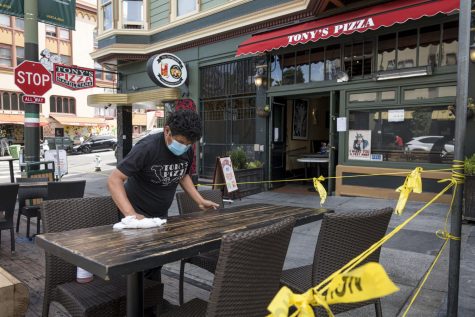

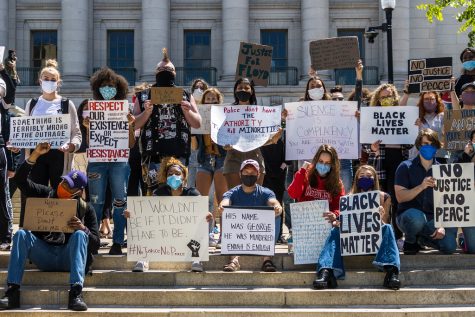
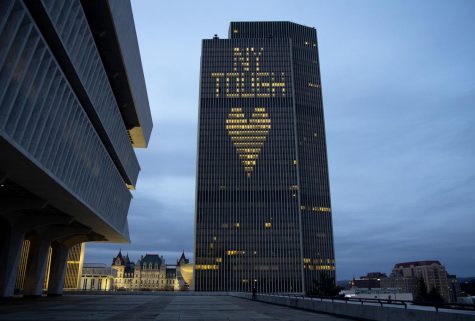

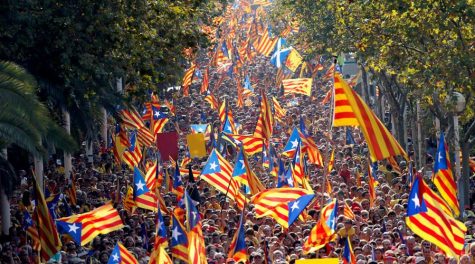
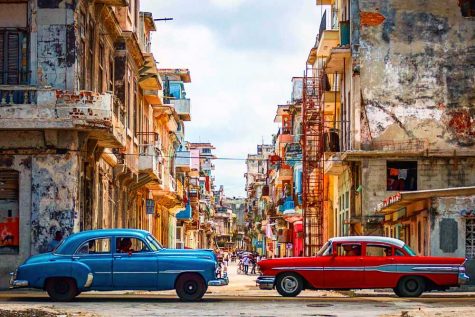
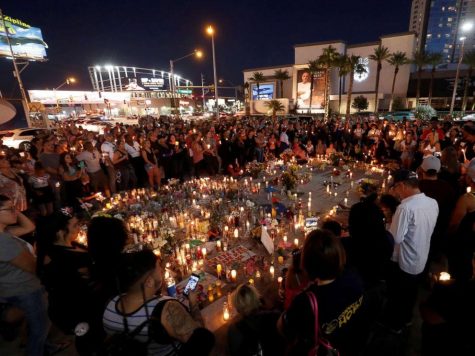
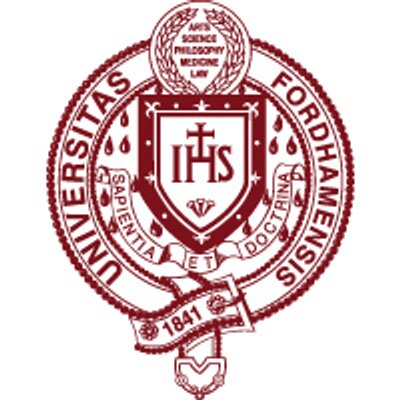
If you want a picture to show with your comment, go get a gravatar.